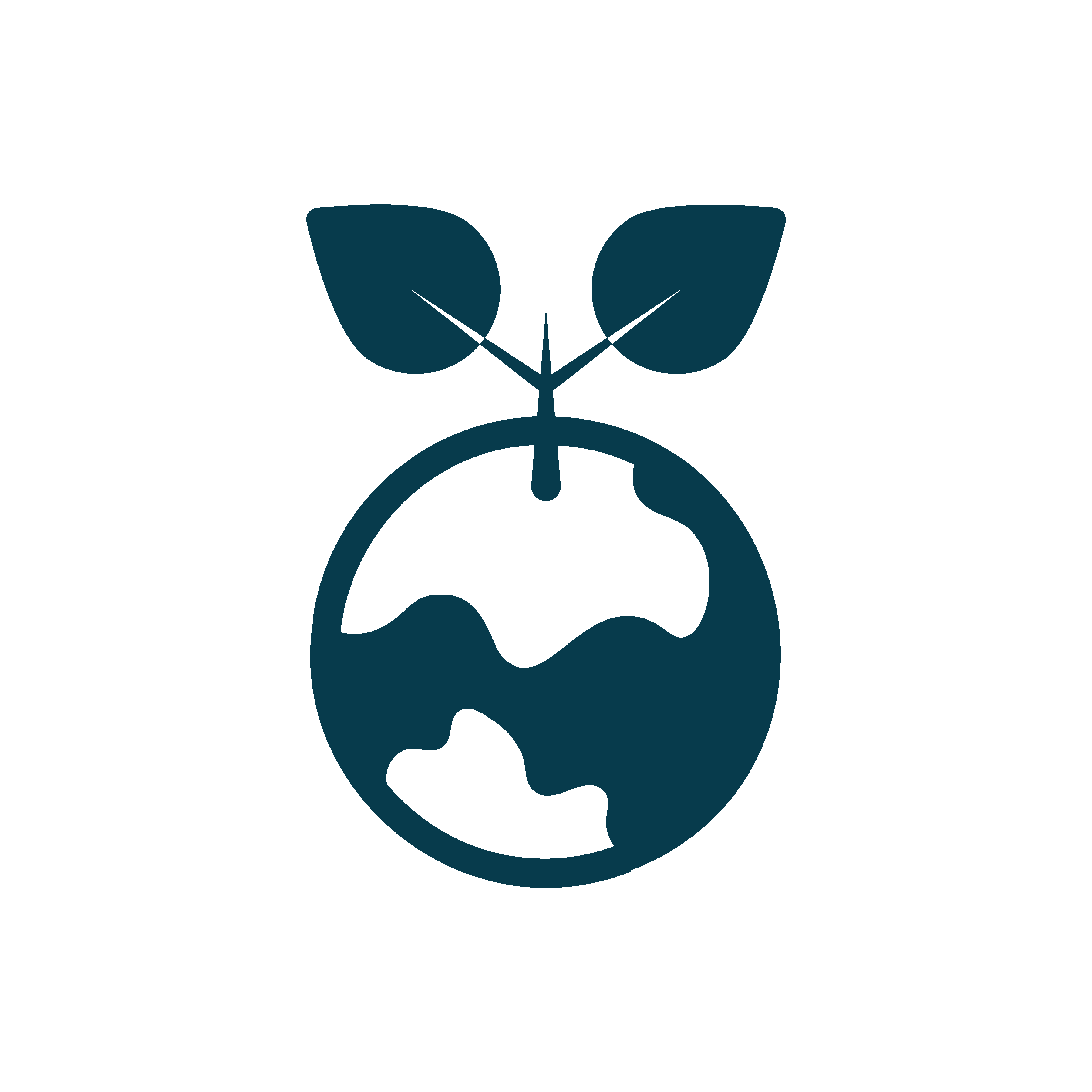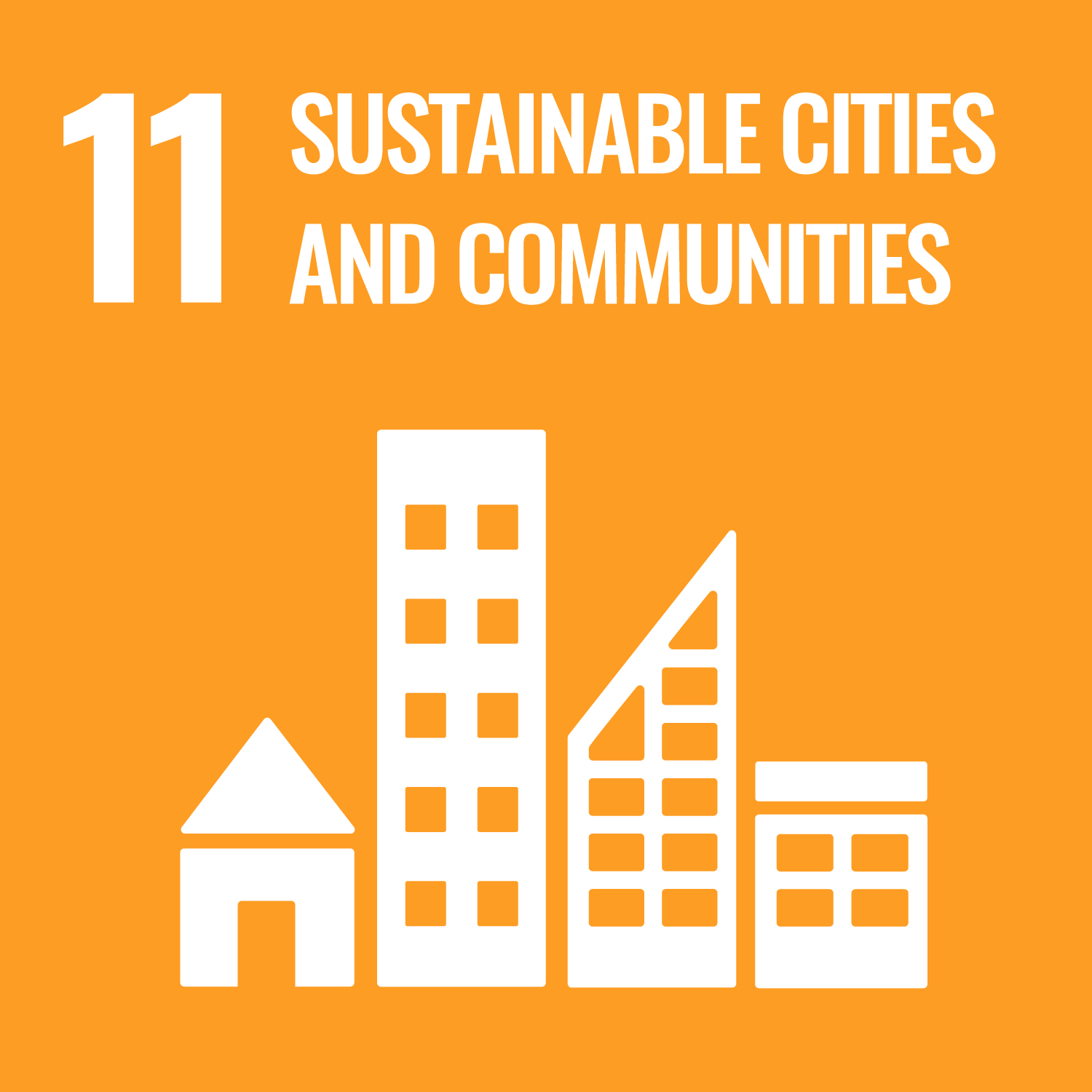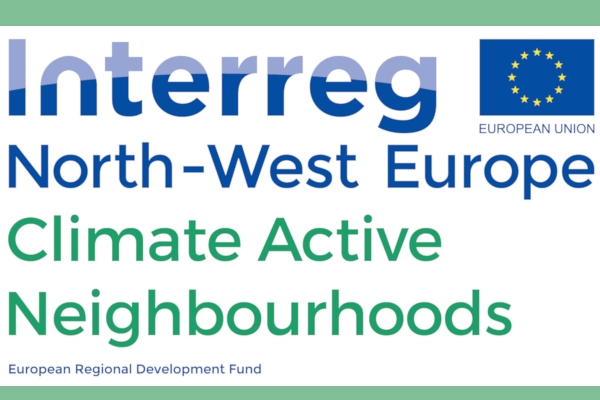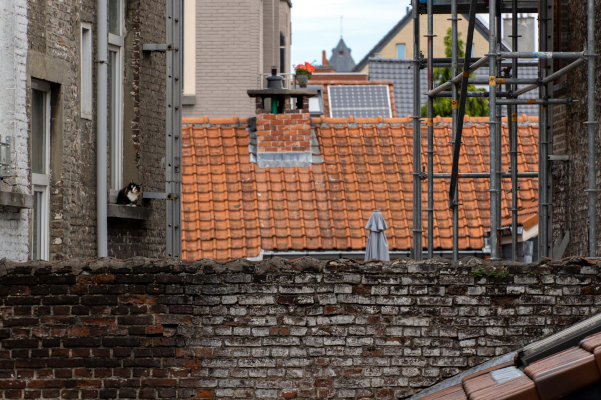Local/regional project
One of the main urban issues in Ghent is the lack of affordable, qualitative housing for lower-income households. The social waiting lists are long and the private rental market is narrow, making the value for money low. At the same time, the loan charges are quite low, making it quite interesting to buy a house instead. However, those more affordable houses are very often old workman's houses, in desperate need of renovation. But a lot of homeowners don't have the financial means to carry out that much needed renovation, so they end up in unsafe, unhealthy and very energy consuming houses.
ICCARUS aimed to renovate 100 houses owned by captive residents and developed an innovative financial tool: a recurring fund based on the principle of subsidy retention. Unlike traditional grants or loans, the recipients did not need pre-financing. Each renovation had a starting capital of EUR 30,000. The beneficiary agreed to a contractual relationship with the City of Ghent, and a renovation plan was developed, tailored to the needs of the properties and homeowners' wishes. At the point where the residents vacate the property, the fund gained not only the net amount that was loaned but also part of the increased real estate value following renovation. In this way, the city could use public means repeatedly, triggering future waves of renovation. The project made it possible for families with limited financial resources to improve their living situation structurally.
Before, during, and after the renovation process, captive residents were supported technically, financially, administratively, and socially. The individual guidance, combined with co-designing the renovation plan, led to positive changes in the community. The process built and strengthned the self-esteem, empowerment, and social network of homeowners. The process thus also reinforced the social life of the participants and the entire neighborhood.
ICCARUS offered an innovative approach to house renovation of vulnerable consumers, which is a pressing matter for countries wishing to reach the goals of the European Green Deal and the Renovation Wave. Low-income home-owners can't benefit from tax reductions/subsidies because they can't make the pre-investments needed and they can't apply for an additional loan. The ICCARUS approach offered a solution to this problem.
With a budget of over 1 million euros, the main activities developed were:
preparation.
project management.
communication
research and development.
promotion, recruitment, screening and selection.
renovations and support/social follow up.
financial management.
investment in the recurring fund.
closure and knowledge transfer.
Some concrete key performance indicators (KPIs) of the project included:
Improved housing quality: all 100 houses now compliant with the Flemish building code.
Improved energy efficiency: all 100 houses.
Overall well-being participants has improved: 100 interviews before and after the renovation works.
The project started in 2018 and lasted until 2022.
Main beneficiaries: the disabled, elderly, energy poor and low income consumers.
It addressed the topics of: health, communities, indoor comfort (thermal comfort, housing quality), insulation, quality of dwelling, safety, energy efficiency, vulnerable consumers.
-

-
 Countries impacted:
Countries impacted:
Belgium -
 Geographical scale:
Geographical scale:
Regional and Local -
 Energy poverty phase:
Energy poverty phase:
Implementation -
 Intervention type:
Intervention type:
Household energy efficiency and refurbishment -
 Professionals involved:
Professionals involved:
Member of a local/national authority -
 Type of funding:
Type of funding:
European funds from the European Union through Urban Innovative Actions -
SDGs addressed:




